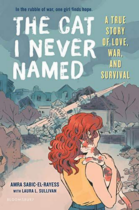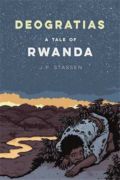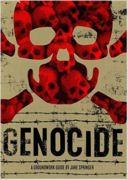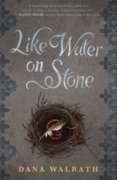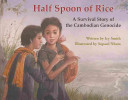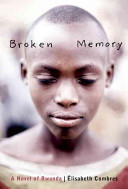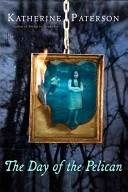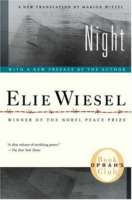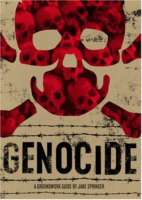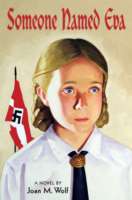
On the night Nazi soldiers come to her home in Czechoslovakia, Milada’s grandmother says, “Remember, Milada. Remember who you are. Always.” Milada promises, but she doesn’t understand her grandmother’s words. After all, she is Milada, who lives with her mama and papa, her brother and sister, and her beloved Babichka. Milada, eleven years old, the fastest runner in school. How could she ever forget?Then the Nazis take Milada away from her family and send her to a Lebensborn center in Poland. There, she is told she fits the Aryan ideal: her blond hair and blue eyes are the right color; her head and nose, the right size. She is given a new name, Eva, and trained to become the perfect German citizen, to be the hope of Germany’s future—and to forget she was ever a Czech girl named Milada.Inspired by real events, this fascinating novel sheds light on a little-known aspect of the Nazi agenda and movingly portrays a young girl’s struggle to hold on to her identity and her hope in the face of a regime intent on destroying both.
